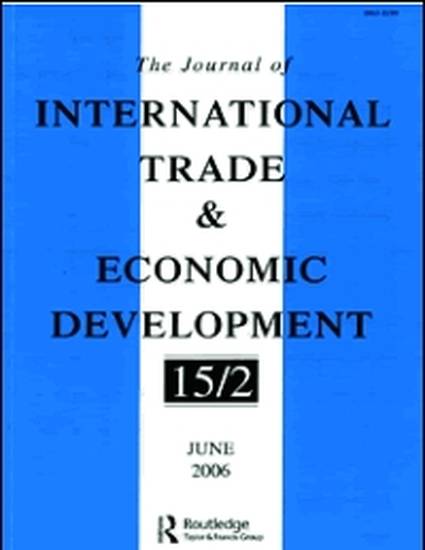
Article
Financial Development, Fiscal Policy and Volatility: Their Effects on Growth
The Journal of International Trade & Economic Development
(2014)
Abstract
This paper analyzes how fiscal policies and credit constraints can affect the impact of macroeconomic volatility on long-run growth. The model by Aghion et al. (2005) is extended by allowing for governmental fiscal policy over the business cycle. The analysis shows that in an economy facing credit constraints, an increase in volatility will result in lower mean growth, and all the more the less financially developed and the more procyclical the fiscal policy is. The main implication is that in countries with lower degrees of financial development, countercyclical fiscal policies are particularly important in reducing the negative consequences of adverse aggregate shocks on firms' long-run investments. An empirical analysis is finally conducted using different groups of countries that confirm the theoretical predictions.
Keywords
- Endogenous growth,
- Credit constraints,
- Procyclicality,
- Panel data
Disciplines
Publication Date
March, 2014
DOI
10.1080/09638199.2012.711014
Publisher Statement
© 2012 Taylor & Francis
Citation Information
Cesar M. Rodriguez (2014) Financial development, fiscal policy and volatility:
Their effects on growth, The Journal of International Trade & Economic Development, 23:2,
223-266, DOI: 10.1080/09638199.2012.711014
